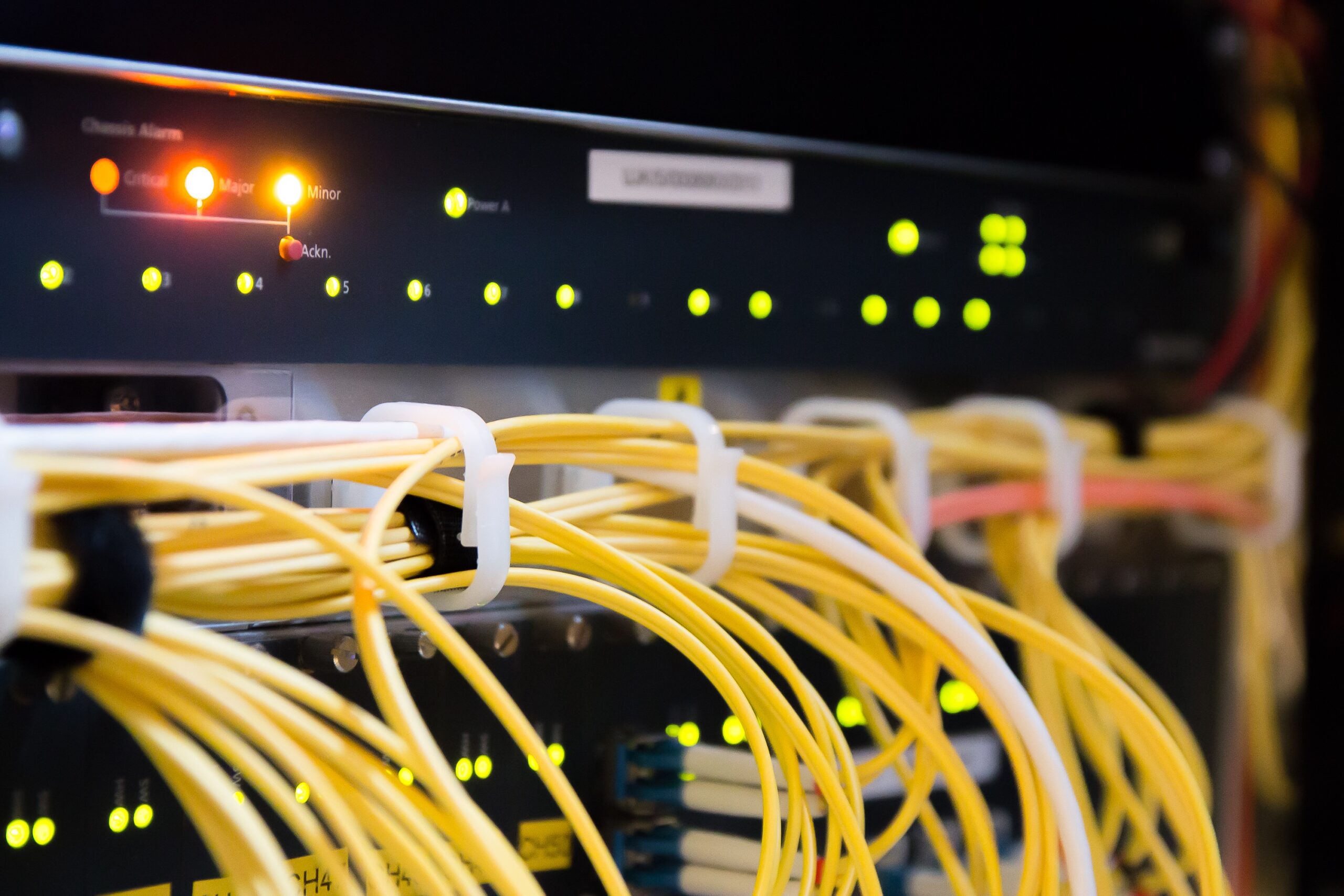With the rise of the technological era, everyone has been thrust into the whole glossary of terms that are often overwhelming for anyone suddenly exposed to the intricacy of the digital world. Of course, no one expects you to understand everything in one sitting due to the complexity of everything that works together to deliver the content you so earnestly subscribe to. Still, you would always be bound to learn about these things if you ever want to maximize your experience online.
To begin this journey, it is highly efficient to start with the essential tool in your arsenal when diving into the online world: the internet. The internet is a fickle place where everyone can almost have the freedom to do anything they want – it does not say that you are entirely free, though, but you get the thought. Before you could even enter a particular website, you would have to have a proper internet connection. Your internet speed is generally the one that will give you an idea of how efficient your connection is.
Why are Internet Speeds Important?
Say, for example, that your download and upload speeds barely reach 1 Mbps, you might experience some stuttering in your videos, you might not be able to log in to your favorite game, and you may not be able to upload your pictures on Instagram. Essentially, your internet speed, commonly presented as Mbps or Megabits per second, represents the bandwidth or the amount of data transferred per second. The lower the number is, the poorer your connection and reception will be.
Checking your Internet Speed
There are various ways to check your internet speed through your browser, and you may search the keywords “internet speed check” on your browser to look for an appropriate testing website that could tell you about your bandwidth in Mbps. Not all speed tests are accurate, though, so it might be better to check out a few ones to get a good grasp on what your Internet connection can handle.
Speedtest by Ookla, Fast.com, and Allconnect are just some of the speed testing applications and websites that you could check out to learn more about your connection’s bandwidth. They may be presented differently depending on the device that you are using, but they are generally reliable to use.
Increasing Your Speed
If you are not necessarily satisfied with how your connection is performing, either there might be a few hurdles in your setup that is preventing your router from functioning efficiently, or your provider cannot produce decent speeds at all to begin with.
To start, you may want to reassess your internet connection type, especially if you are experiencing interferences during lousy weather. You could either select a different plan from the same provider or choose another provider entirely that delivers better speeds in their plans. If, on the one hand, it is your setup that needs some tweaking, you may likewise move the location of your router to where it could efficiently disperse the signal, you may tweak your router settings to deliver more speeds and avoid overlapping channels, or you may check if your computer is infected by some malware that is dragging your internet speeds.
Necessary Internet Speeds
To know more about the necessary internet speeds that you should have for specific functions, the following are the list of speeds recommended by the Federal Communications Commission for certain activities:
| Activity | Download Speeds Necessary (Mbps) |
| Streaming standard definition video | 3 to 4 |
| Streaming high definition video | 5 to 8 |
| Streaming Ultra HD 4k video | 25 |
| Gaming consoles connected to the internet | 3 |
| Online multiplayer gaming | 4 |
| General browsing and email | 1 |
| File downloads | 10 |

